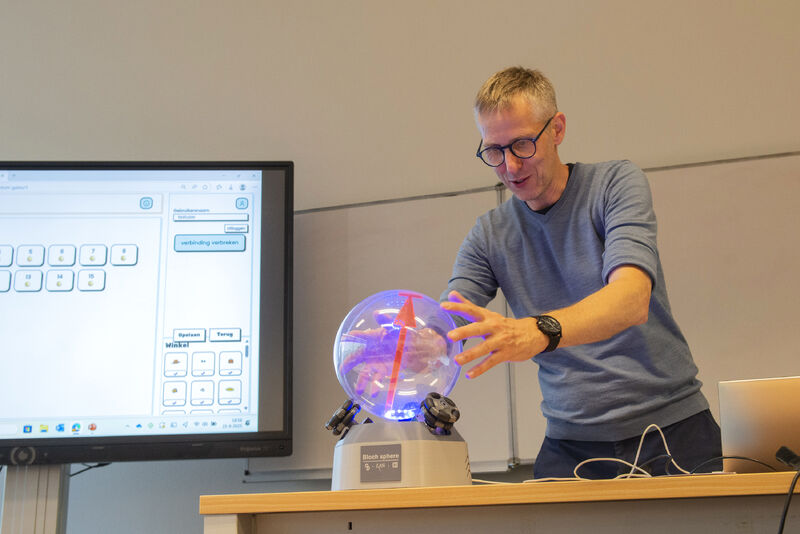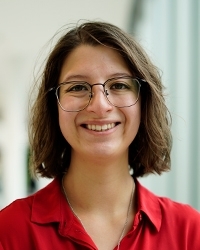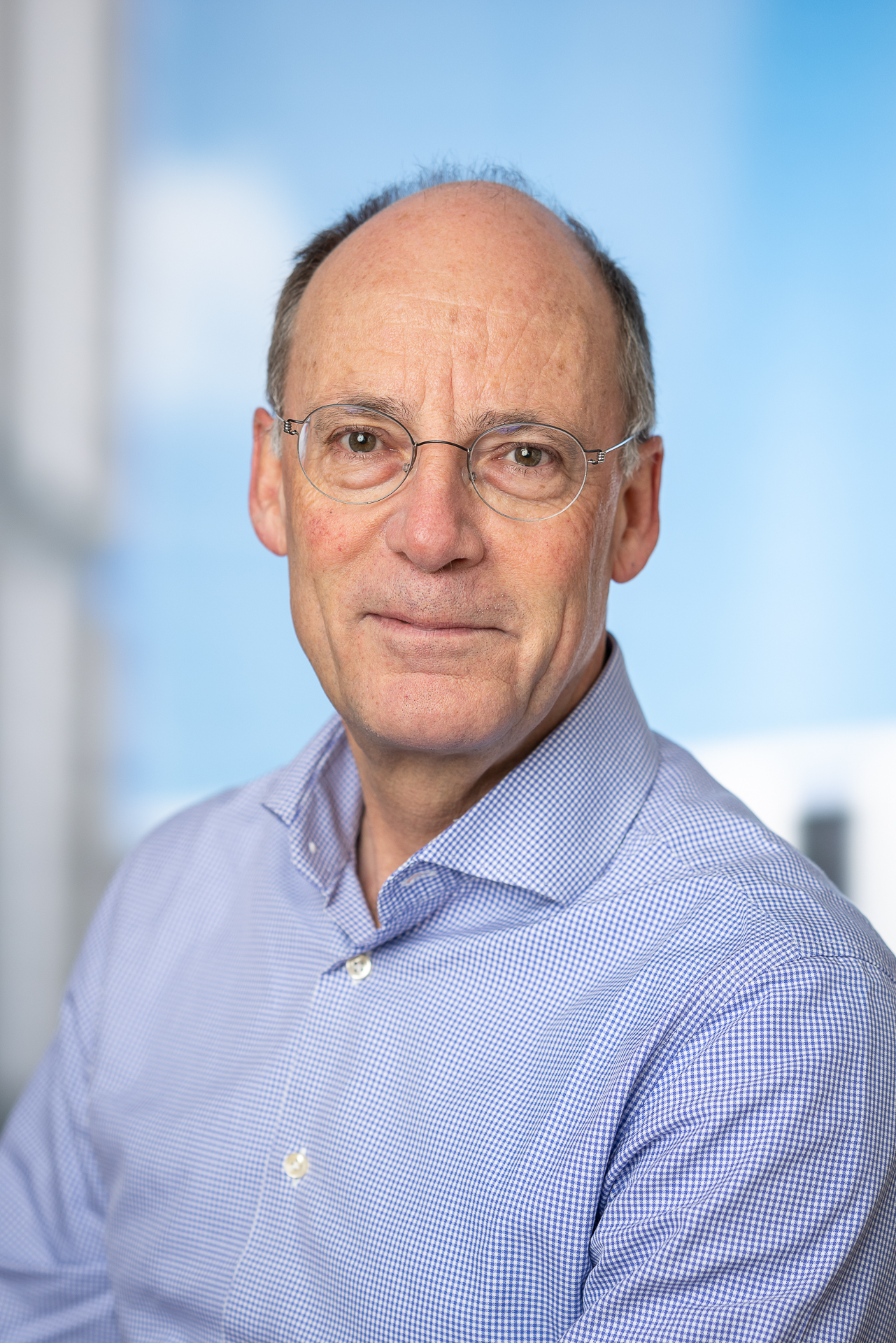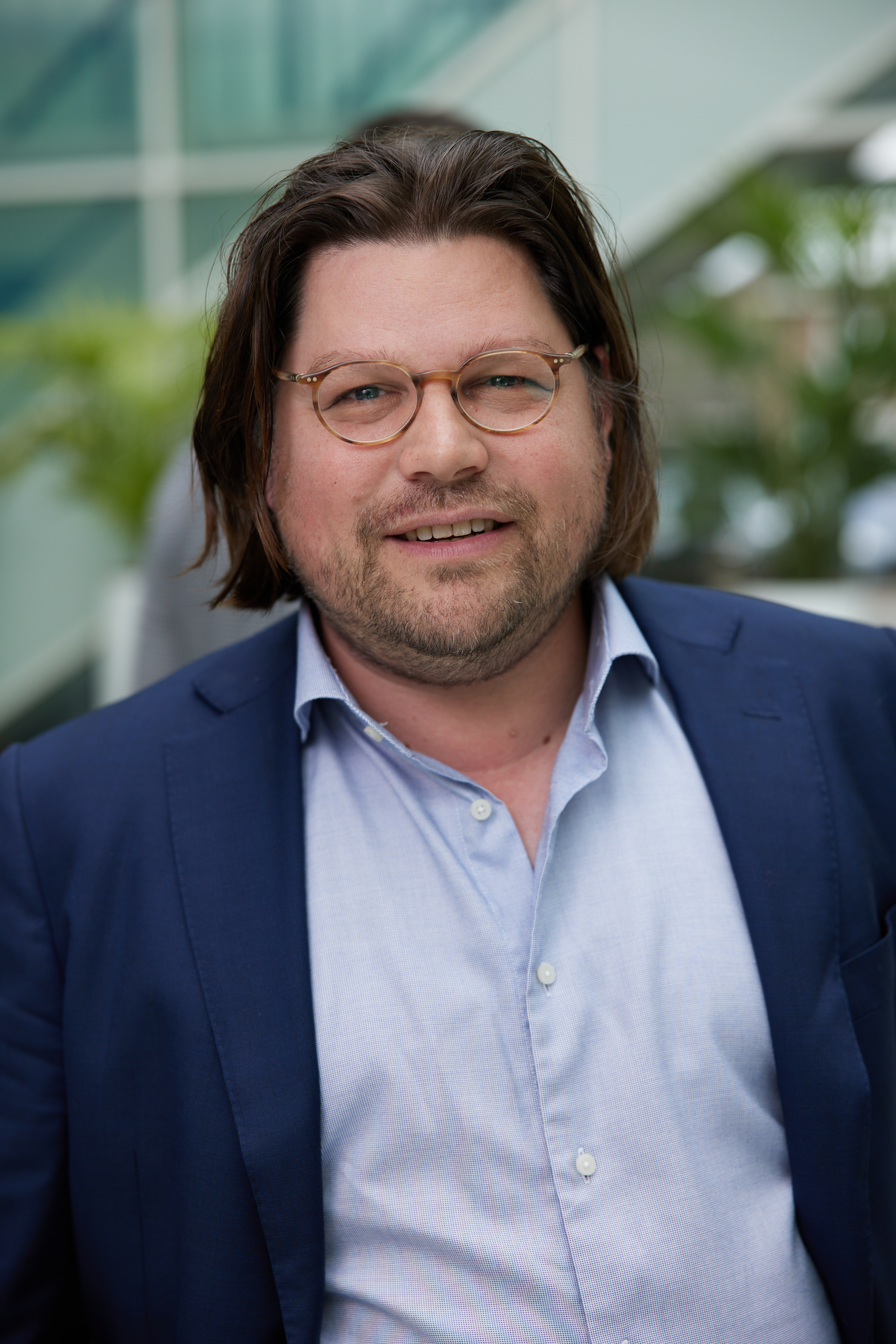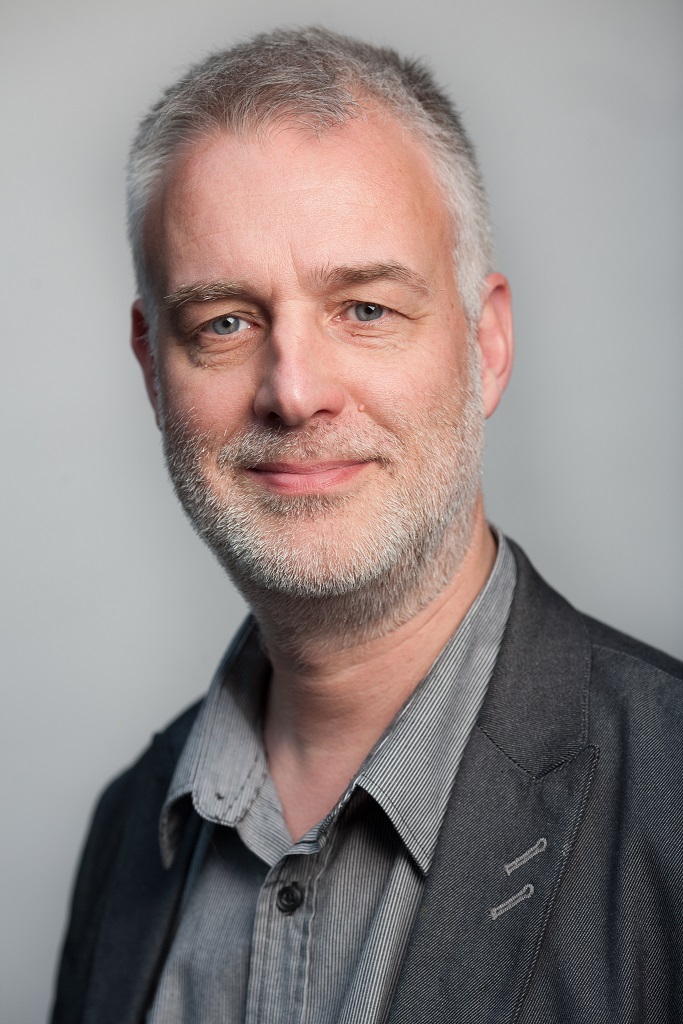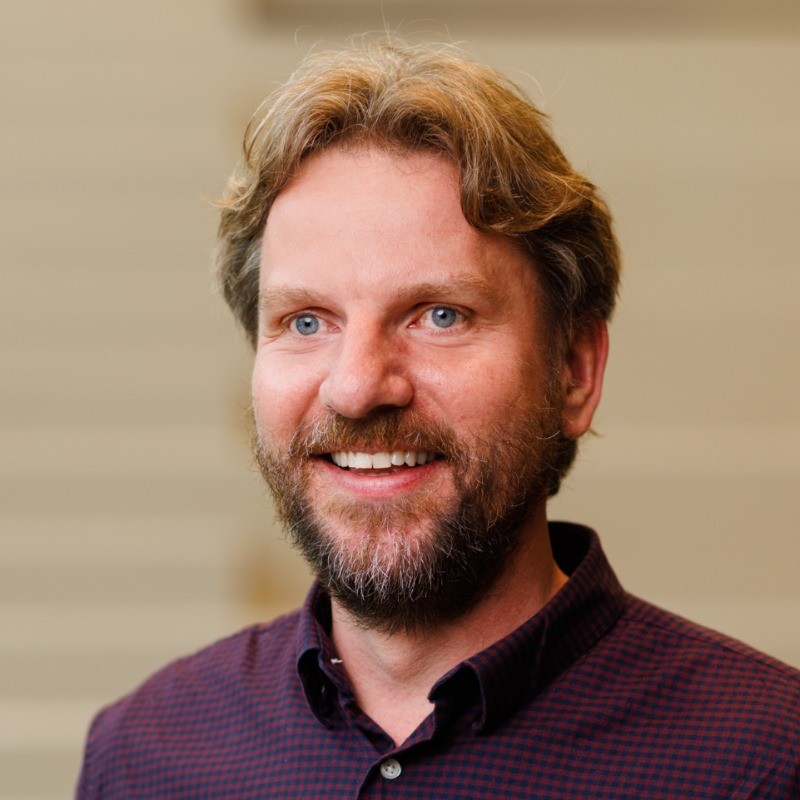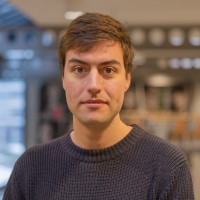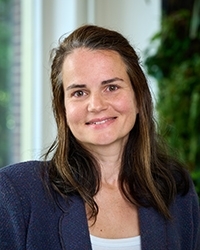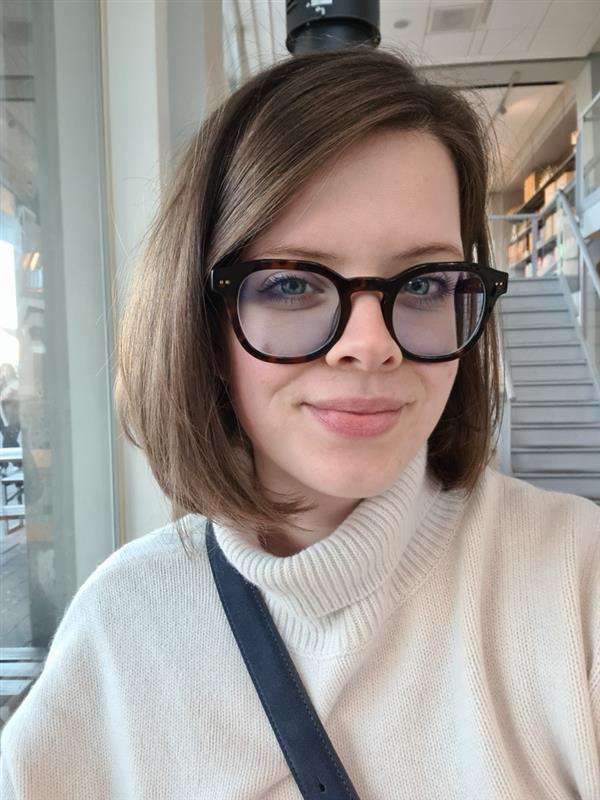Delft / leiden
Welcome to the Talent and Learning Center Delft Leiden, a Quantum Delta initiative advancing quantum education and collaboration in South Holland. We link businesses, educational institutions, and research organizations to build impactful partnerships.
It serves as a broker and resource, connecting businesses, educational institutions, and research organizations to facilitate impactful partnerships. With an inclusive vision that spans physics, electrical engineering, ICT, and vocational training, the Talent and Learning Center Delft Leiden is at the forefront of transforming fundamental research into practical applications.

